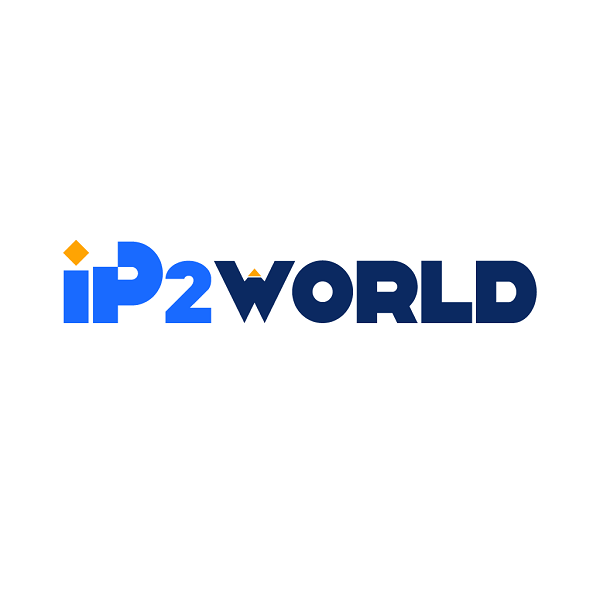In an era where online privacy and security are of utmost importance, many users are turning to proxy servers, particularly SOCKS5 proxies, to enhance their browsing experience. But where do these SOCKS5 proxy IPs come from? This article will explore the various methods of acquiring SOCKS5 proxy IPs, their benefits, and the implications of using them.Understanding SOCKS5 ProxiesBefore diving into how SOCKS5 proxy IPs are acquired, it's essential to understand what a SOCKS5 proxy is. SOCKS5 is an internet protocol that routes network packets between a client and a server through a proxy server. Unlike HTTP proxies that only handle web traffic, SOCKS5 can manage any type of traffic, making it versatile for various applications, including web browsing, gaming, and torrenting.Benefits of Using SOCKS5 Proxies1. Anonymity: By masking your IP address, SOCKS5 proxies help protect your identity online.2. Bypassing Restrictions: Users can access geo-restricted content by connecting through a proxy located in a different region.3. Versatile Traffic Handling: SOCKS5 can handle various types of traffic, making it suitable for applications beyond web browsing.4. Improved Performance: SOCKS5 proxies can often provide faster speeds compared to other proxy types, especially for activities like streaming and downloading.Methods of Acquiring SOCKS5 Proxy IPs1. Proxy ProvidersOne of the most common ways to acquire SOCKS5 proxy IPs is through dedicated proxy service providers. These companies offer a range of proxy solutions, including SOCKS5 proxies, and typically charge a subscription fee. Here’s how they operate:- Infrastructure: Proxy providers maintain a network of servers across various locations. They invest in robust infrastructure to ensure high availability and speed.- IP Pooling: These providers own a pool of IP addresses that they assign to their users. This allows users to choose from multiple locations and IPs.- Authentication: Most reputable providers offer authentication methods, ensuring that only authorized users can access the proxy services.2. Free Proxy ListsAnother method to acquire SOCKS5 proxy IPs is through free proxy lists available on various websites. These lists compile publicly available proxies that users can connect to without any cost. However, there are significant downsides to this method:- Reliability: Free proxies are often unreliable and may go offline frequently.- Security Risks: Publicly available proxies can pose security risks, as they may be monitored or compromised.- Speed and Performance: Free proxies generally offer slower speeds due to high traffic and limited bandwidth.3. Setting Up Your Own Proxy ServerFor those with technical expertise, setting up a personal SOCKS5 proxy server is an option. This method involves renting a virtual private server (VPS) and configuring it to act as a SOCKS5 proxy. Here’s how it works:- Choose a VPS Provider: Select a reliable VPS provider that offers data centers in your desired locations.- Install Proxy Software: Use software like Shadowsocks, Dante, or Squid to set up the SOCKS5 proxy on your VPS.- Configuration: Configure the server settings, including authentication and port management, to ensure secure access.4. Peer-to-Peer NetworksSome users acquire SOCKS5 proxy IPs through peer-to-peer (P2P) networks. These networks allow users to share their internet connections with others, effectively creating a decentralized proxy system. Here’s how it works:- Shared Connections: Users can opt to share their internet connection with others, allowing them to route traffic through their IP address.- Software Solutions: Programs like Tor or specific P2P proxy applications facilitate this sharing, creating a network of users who act as proxy servers.5. Data Centers and Residential ProxiesProxy providers often acquire SOCKS5 IPs from data centers or residential sources:- Data Center Proxies: These are IPs provided by data centers, offering high speed and reliability. They are often used for scraping, SEO tools, and other automated tasks.- Residential Proxies: These proxies are assigned by Internet Service Providers (ISPs) to homeowners. They are more expensive but provide a higher level of anonymity and are less likely to be blocked by websites.6. Buying or Renting IPsSome businesses may choose to buy or rent IP addresses directly from ISPs or data centers. This method can provide dedicated IPs for SOCKS5 proxies, ensuring better performance and reliability. Companies typically negotiate contracts for a set number of IPs, which they can use for their proxy services.Implications of Using SOCKS5 ProxiesWhile SOCKS5 proxies offer numerous benefits, there are also important implications to consider:Security ConcernsUsing a SOCKS5 proxy does not encrypt your traffic by default. This means that while your IP address is masked, your data could still be vulnerable to interception. For enhanced security, consider using a VPN in conjunction with your SOCKS5 proxy.Legal ConsiderationsAccessing geo-restricted content or engaging in activities that violate terms of service can lead to legal issues. Always ensure that your use of SOCKS5 proxies complies with local laws and regulations.Performance VariabilityThe performance of SOCKS5 proxies can vary significantly depending on the source. Paid proxies from reputable providers generally offer better speed and reliability compared to free proxies or those obtained from unreliable sources.ConclusionSOCKS5 proxy IPs can be acquired through various methods, each with its advantages and drawbacks. Whether you choose to use a dedicated proxy provider, set up your own server, or rely on free lists, understanding how these proxies work and where they come from is essential for making informed decisions about your online privacy and security. As always, weigh the benefits against the potential risks, and choose a method that best fits your needs.
2024-10-08




